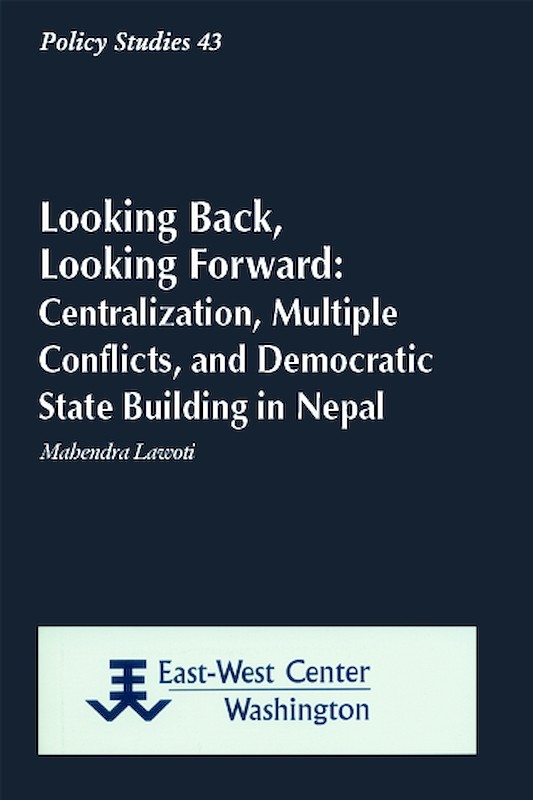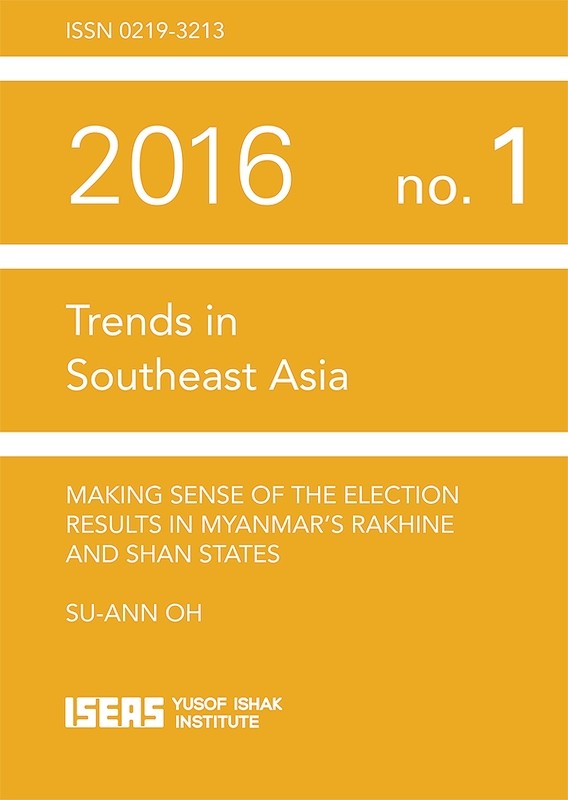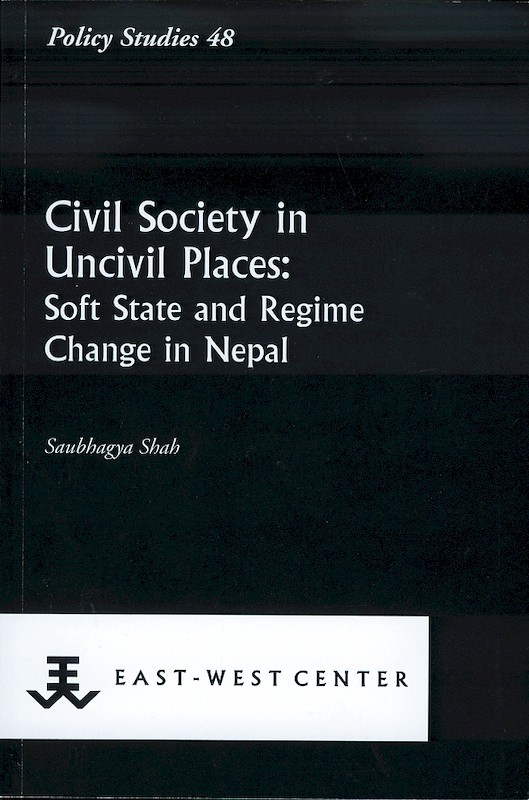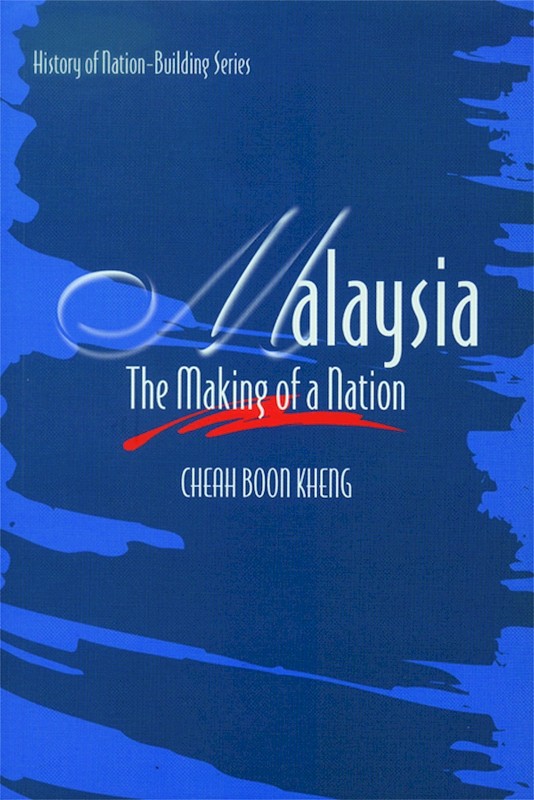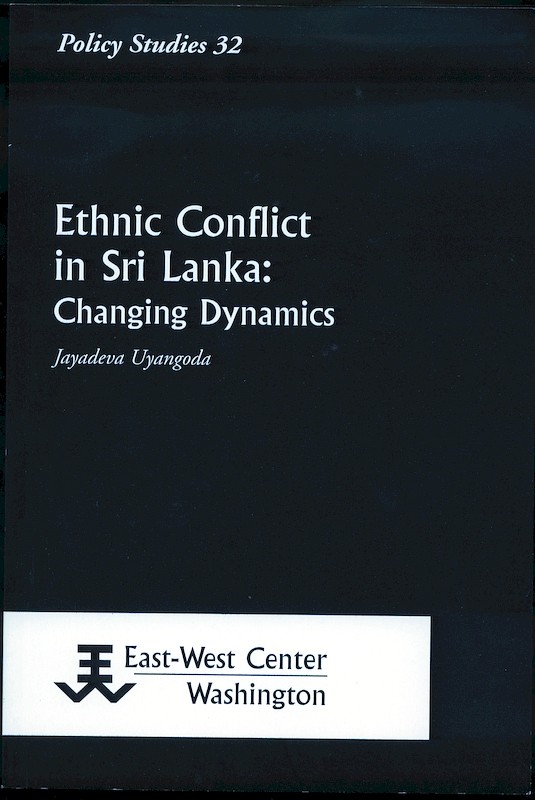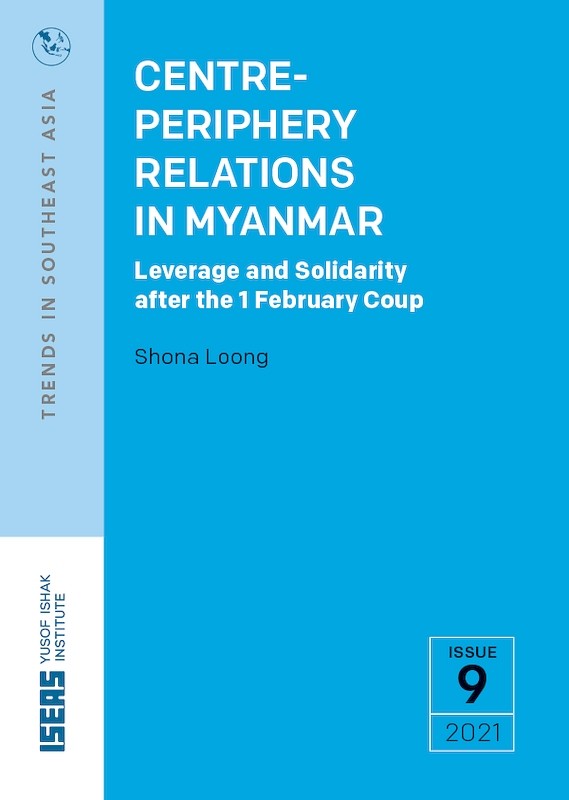Creating a "New Nepal": The Ethnic Dimension
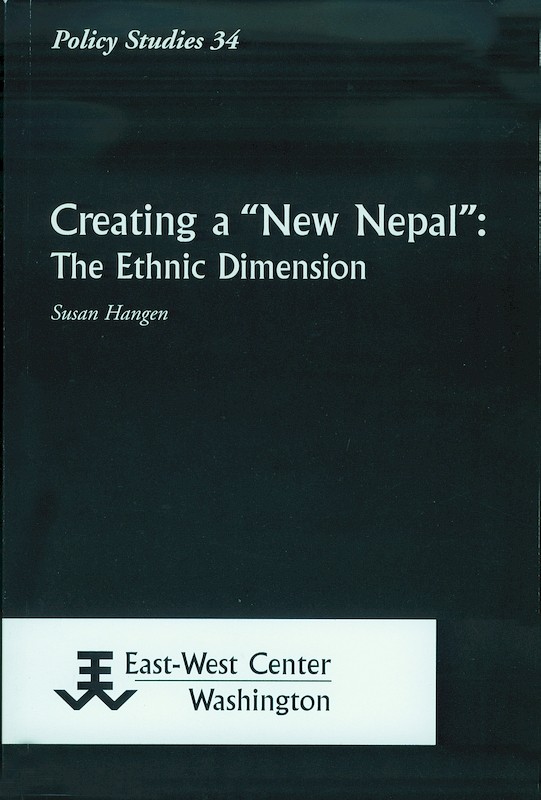
Susan Hangen, author
Date of publication:
2007
Publisher:
East-West Center
Number of pages:
87
Code:
PS34
About the publication
This study explores the ethnic dimension of the challenges that Nepal currently faces. Although Nepal has made substantial progress toward regaining political stability since April 2006, ethnic conflict has become a major problem. The indigenous nationalities movement, whose origins and demands are examined here, identifies fifty-nine diverse groups as indigenous nationalities, and has mobilized them to revitalize their own cultures and end the domination of the state by high-caste Hindus. The movement seeks ethnic federalism, the proportional representation of indigenous nationalities in state institutions, and linguistics freedom. It has contributed to democratization by creating awareness of ethnic issues and pressuring the state into addressing ethnic inequality. Analysts often credit the Nepali Communist Party (Moist) for transforming the political discourse and system through their decade long People's War. The contributions of the indigenous nationalities movement must be recognized, however, so the indigenous nationalities will be acknowledged as rightful political leaders. To create long-term stability and strenghthen democracy, the state should adopt policies that create an inclusive political system. All marginalized groups must be adequately represented in decision-making bodies. A proportional election system would ensure that small parties have a voice within the political system and are dissuaded from taking up arms. Legalizing ethnic parties could help achieve this goal, as state opposition to them will fuel resentment, leading to violence. Representations of the national identity should recognize Nepal's diversity. Without these changes, much of the population will remain excluded from political processes, and further conflict may result.
The Policy Studies series is published by the East-West Center. Available exclusively from ISEAS for distribution in Asia.
The Policy Studies series is published by the East-West Center. Available exclusively from ISEAS for distribution in Asia.

